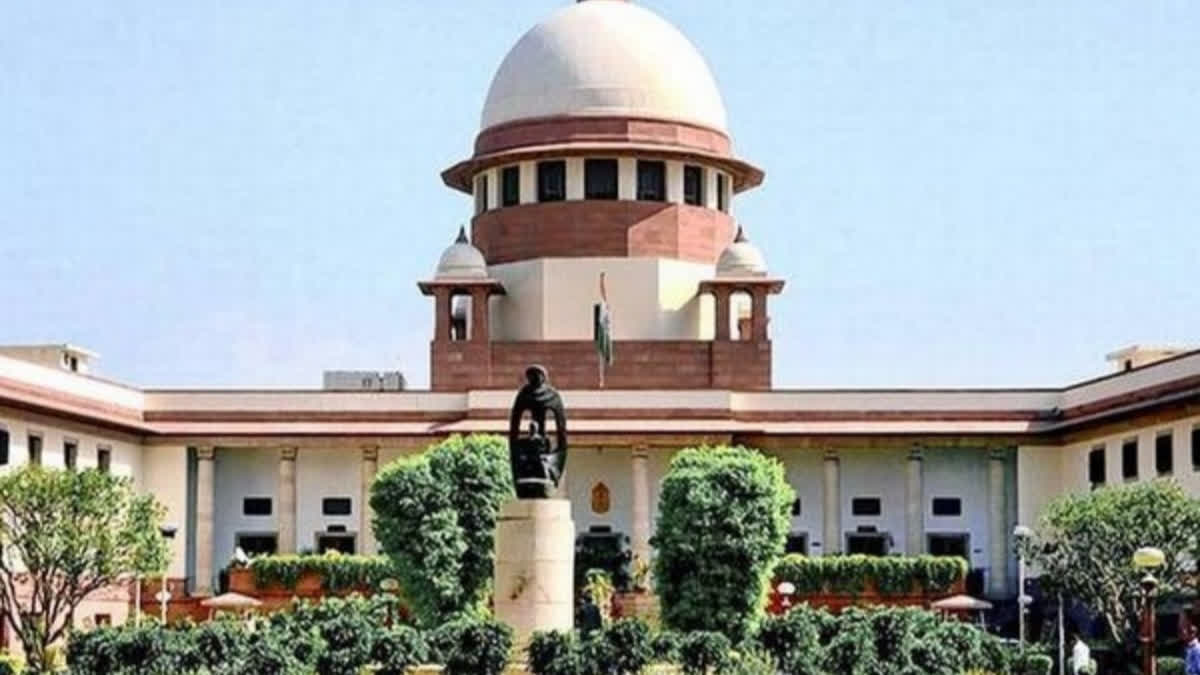New Delhi: The Supreme Court, on Monday, December 16, is scheduled to hear a plea challenging the Karnataka High Court’s decision to set aside criminal proceedings against two men accused of raising ‘Jai Shri Ram’ slogans inside a mosque in Karnataka.
The plea by Haydhar Ali, through advocate Javedur Rahman, contended that the high court order is in the teeth of the judgments of the apex court berating quashing of criminal proceedings even before the investigation could be completed when the complaint/ FIR prima facie discloses the commission of cognizable offences.
“The High Court has adopted a very pedantic approach in quashing the criminal proceedings by merely embarking upon an examination as to whether the ingredients of the offences mentioned in the FIR were met or not”, said the plea.
The plea said it is most deferentially submitted that such uncalled-for and unjustified observations by the high court will give a fillip to anti-social elements, who in recent times have been seen to be resorting to such religious and devotional chants to justify gruesome crimes like mob lynching and targeted attacks upon the minorities across the country.
The plea said the remarks made by the high court that shouting 'Jai Sriram' cannot outrage the feelings of any class is totally unjustified in the facts of the present case. “The observation of the High Court that shouting 'Jai Sriram' will not outrage the religious feelings of any class and the incident by no stretch of imagination can result in antimony, itself shows that the occurrence of the incident cannot be denied, at least at this stage”, said the plea.
The case stems from a September 2023 incident at the Badriya Juma Masjid in Dakshina Kannada, where two men allegedly entered the mosque premises, chanted ‘Jai Shri Ram’. It has been claimed that they threatened members of the Muslim community, stating they “will not let Bearys (or Byari, a Muslim community) live in peace.”
An FIR was registered under Sections 447, 295A, 505, and 506 of the Indian Penal Code (IPC), covering charges such as criminal trespass, deliberate insult to religious sentiments, public mischief, and criminal intimidation.
Read More:



